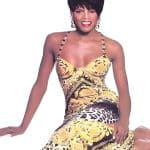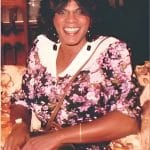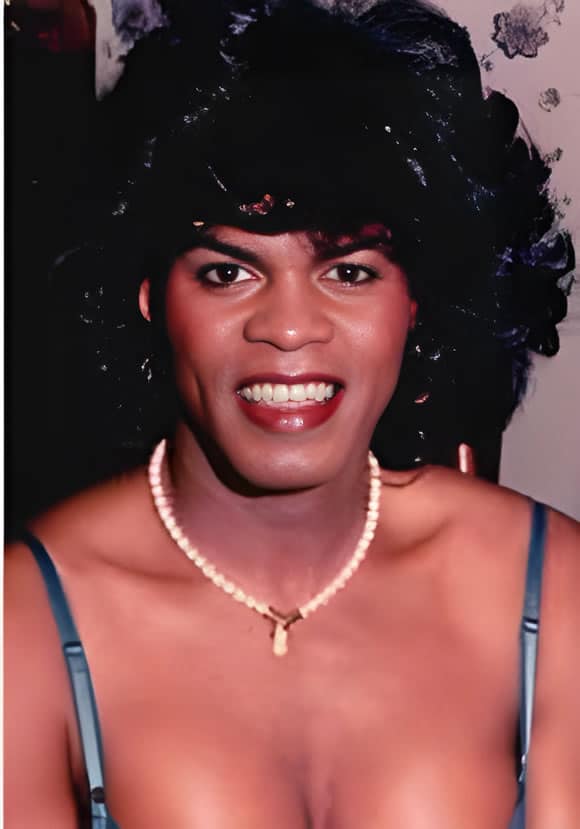Prejudice and Gender
Prejudice and Gender By Roberta Angela Dee
“NEVER AGAIN”

I know that the issue of prejudice needs to be addressed; and after considerable thought, I feel ethically obligated to write about it.
The phrase “never again” grew out of the Holocaust
The phrase “never again” grew out of the Holocaust — an act of genocide and aggression that resulted in 6 millions deaths within a relatively short period of time. It has since been acknowledged as an unfortunate example of the ability of human beings to be inhuman.
The survivors and most of humanity understand that those who do not learn from history are destined to repeat it. “Never again” suggests that ignoring the conditions of hatred and bigotry that led to the Holocaust would most likely ensure a repetition of those horrific series of events.
One would assume that any race or group of people unfortunate enough to have endured oppression by any other group would be least likely to express racist or prejudicial attitudes. Yet, within the gender community we see examples of bigotry all the time.
Cultural prejudice is the ugliest form of prejudice
Cultural prejudice is, in my opinion, the ugliest form of prejudice. I regard it as being the ugliest because it is often the most difficult to identify or isolate. Why? — Because it is perceived as being the norm and is too often accepted by the majority. And can the majority possibly be wrong?
Recently, I reviewed some of the information disseminated by newsgroups, mail lists, and websites through the Internet — including personal web pages. I looked for information relating to African Americans, Hispanic Americans, Asian Americans or any other non-European society or culture. There was virtually nothing.
The United States consists of a population that is one-third African American, Hispanic American, and Asian American. Yet, as one reads through the newsgroups, mail lists and as one examines the various websites, one is likely to conclude that the entire transgendered and transsexual community consists only of Caucasians.
This is not only an inaccurate account but a misrepresentation of the community. It is acceptable only because the majority tolerates it. The majority, therefore, accepts a representation that excludes one third of its population. That’s hardly democratic or ethical.
Does this mean that the author of every website void of minority representation is a racist? No. It does not mean that the author is a racist. However, it suggests that the author has bought into the mindset of cultural racism that says exclusion is okay, exclusion is acceptable.
THE MICHIGAN’S WOMYN’S FESTIVAL
Exclusion generates hate. No one wants to feel excluded. Transgendered women do not want to be excluded from the community of women, and the practice of exclusion only serves to create barriers where none should exist or need to exist.
Saying nothing about prejudice and bigotry is the same as a cop out. It is not the same as doing something to bring it to an end. Simply stated, if you are not a part of the solution, you are a part of the problem.
The Michigan Womyn’s Festival Policy of Exclusion
Over the years, I have written numerous articles against the Michigan Womyn’s Festival policy of excluding transgendered and transsexual women. I have particularly challenged the idea that only “woman-born women” should be respected and acknowledged as women.
Given the exclusion of transsexual women from the festival, it was quite a surprise to read that a few transsexual women were defending the festival’s exclusionary practice. They asserted that “you can’t be a woman if you have a penis.” I simply could not believe what I had read. Had these transsexuals forgotten that a similar argument had been used to exclude them as much as it was used to exclude transgendered women and cross dressers? Could they be so hung up in their own prejudices that they could not understand the meaning of the phrase woman-born women?
I’ve heard that ignorance is bliss, but shouldn’t a festival for women celebrate women and all who celebrate womanhood? Can a handful of transsexuals believe they can gain acceptance into the lesbian community simply by turning their backs on others within the gender community?
I’m sorry but as difficult as it might be for some transsexuals to understand, one does not end bigotry by adopting another form of it. Once again, if one is not part of the solution, then one is a part of the problem.
When Matthew Shepherd was murdered, the gay community spoke out against hate crimes? Yet, when an African American named James Byrd, Jr. was dragged to his death by three white supremacists, where was the outrage within the gender and queer communities? Was this not a hate crime like any other hate crime?
WHAT CAN WE DO?
What we must do is be willing to change our mind set. I must be just as willing to speak up for a transsexual woman’s right to surgery, as I am to speak out for the right of women to receive equal pay for the work that they do. In other words, I must have the character to speak out against hate, racism and bigotry in all its forms — whenever and wherever it exists. I can’t be a mute activist or speak out only when hate affects my particular group of people — whether it is a race, a religion, or a community.
When I find a website that excludes people of color, I ask why. It’s that simple. I don’t always get a response, but at least I ask. Perhaps by asking, I’ve raised someone’s consciousness just a little.
I asked Dr. Anne Lawrence to add information about keloids (raised scars) to her website. I asked because African Americans sometimes react differently to surgical procedures, electrolysis and laser hair removal techniques. I don’t believe she ever responded, but at least I asked. Hopefully, I raised her consciousness.
The point is that we need to stop accepting cultural bigotry and cultural racism. It might very well be the norm in America, but it is still wrong. We can’t believe that we can ever have equality for our own community, if we continue to ignore injustices that continue to exist in other communities.
More by Roberta Angela Dee
The Transgender Guide Site Links:
- Trans Clothing & Accessories
- Transgender Support Groups
- Transgender Voice Training
- Trans Friends & Support Chat (non-adult)
- Trans Adult & Dating Chat (adult-oriented)
- Transgender Friends and Dating Profiles
- Transgender Social Media at TGGuide
Roberta Angela Dee, Journalist & Trans Activist

Roberta Angela Dee (October 31, 1950–March 13, 2003) was an American author, transgender rights activist and frequent contributor to TGGuide.com. Roberta was born in Brooklyn, New York, grew up in Long Island, and lived in Atlanta before settling in Augusta, Georgia. She had a journalism degree. Her writing was published widely, and she was founder of the Women on the Net (WON) website, an early online resource for women of color.
